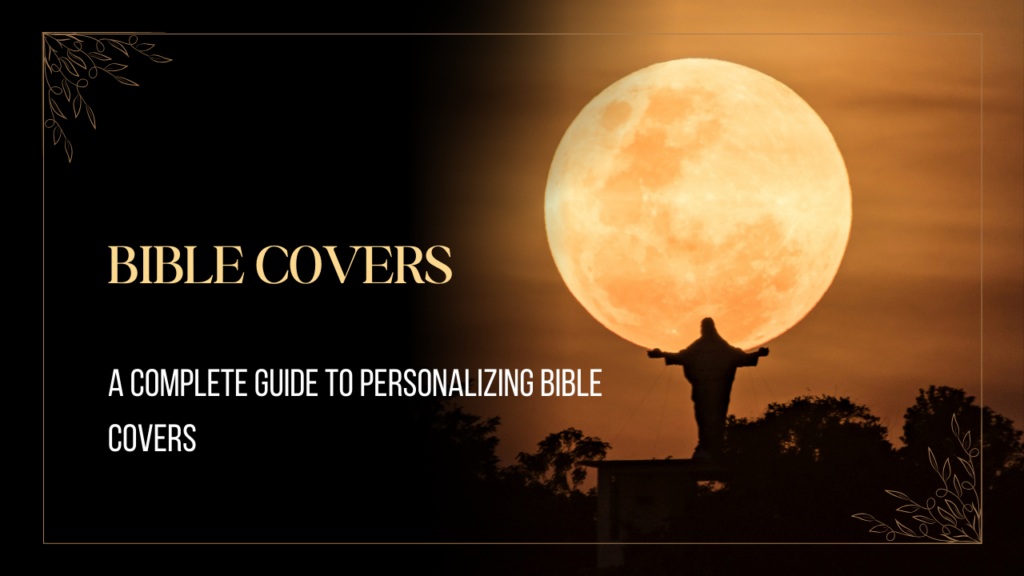Bible Customs: Explore the fascinating customs and traditions of the Bible, uncovering their historical, cultural, and spiritual significance.
What Are Bible Customs?
Bible customs refer to the traditions and practices observed by people in biblical times. These customs were deeply rooted in culture, religion, and daily life, shaping the way communities worshipped, celebrated, and lived together. Many of these customs still hold significance in religious practices today.
Cultural Practices in the Bible
The Bible provides insights into various cultural customs of its time. For example:
- Jewish Customs: Many Old Testament laws and traditions, such as circumcision, Sabbath observance, and dietary restrictions, were integral to Jewish identity.
- Daily Life: Everyday practices, such as clothing styles, food preparation, and housing, reflected the cultural norms of the time.
- Funeral Customs: Mourning practices, such as wearing sackcloth and ashes, highlighted the communal nature of grief.
Religious Observances and Traditions
Religious customs played a significant role in shaping biblical narratives and worship practices:
- Sabbath Observance: The Sabbath was a day of rest and worship, central to Jewish faith and later adopted by Christians.
- Passover: This festival commemorates the Israelites’ exodus from Egypt and continues to be celebrated by Jewish communities worldwide.
- Anointing Rituals: Anointing with oil symbolized consecration, healing, and divine favor.
Symbolism in Bible Customs
Biblical customs often carried deep symbolic meaning:
- Clothing: Garments such as sackcloth represented mourning, while robes signified honor or authority.
- Food: Meals like unleavened bread during Passover carried spiritual and historical significance.
- Marriage: Wedding traditions, such as betrothal and the bridal procession, emphasized covenantal relationships.
Comparing Biblical Customs to Modern Traditions
Many Bible custom have evolved into modern religious practices. For instance:
- Christian sacraments, such as baptism and communion, draw from biblical rituals of purification and shared meals.
- Jewish festivals, like Yom Kippur and Sukkot, maintain traditions rooted in the Bible.
- Wedding ceremonies often incorporate symbolic elements from biblical traditions.
Understanding Bible Customs Through Education
Teaching and learning about Bible customs can deepen our appreciation for biblical stories and their cultural context:
- Church Groups: Bible study sessions focusing on custom can enhance scriptural understanding.
- Archaeology: Excavations and artifacts provide tangible evidence of ancient practices.
- Children’s Education: Simplified lessons help younger audiences connect with biblical traditions.

